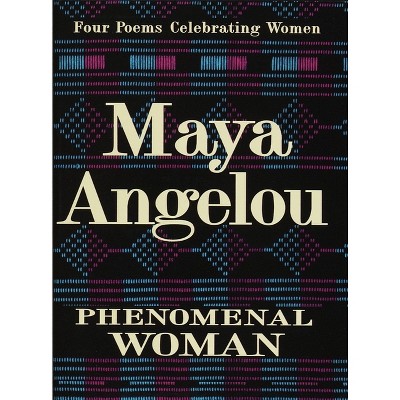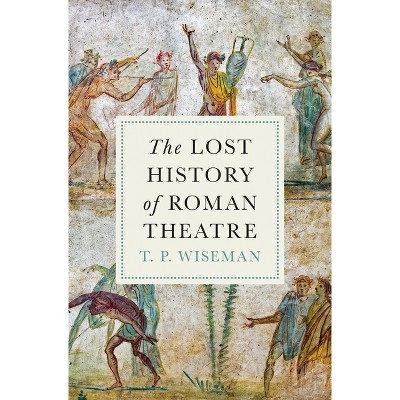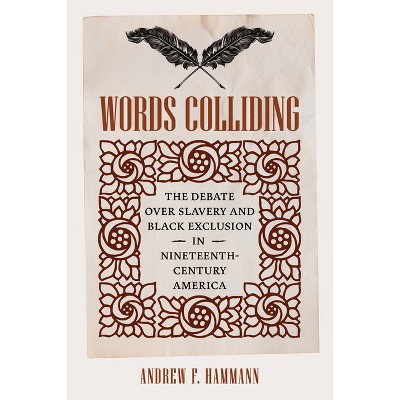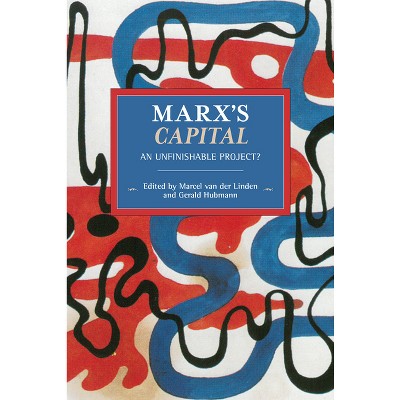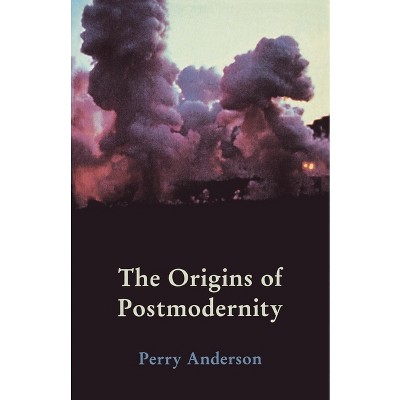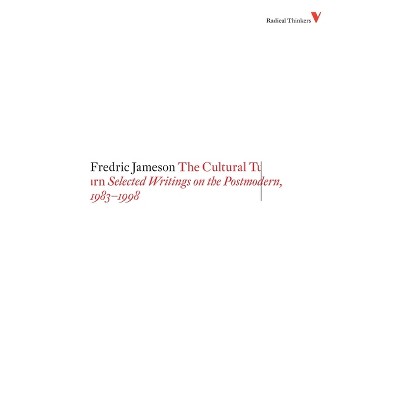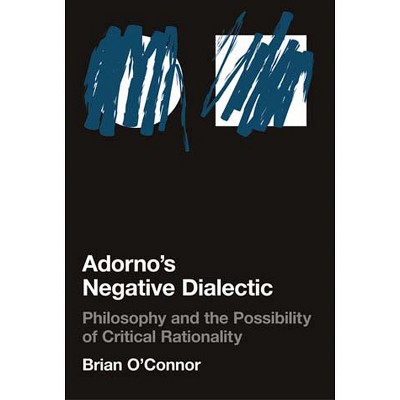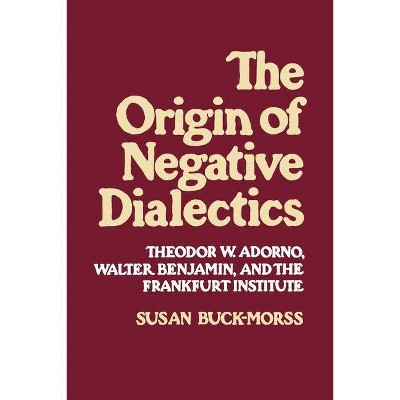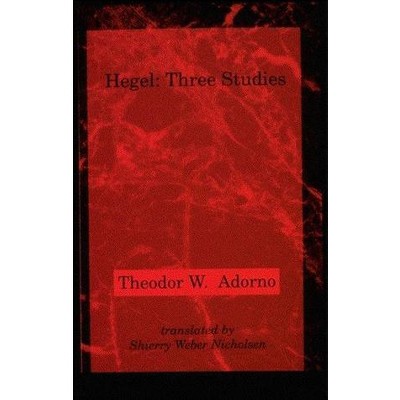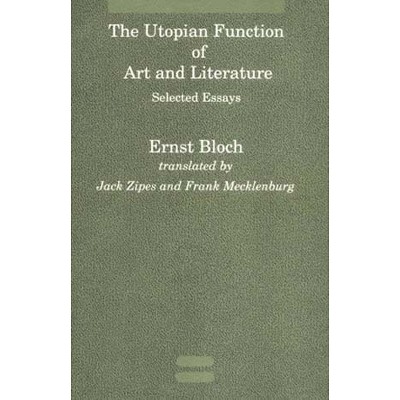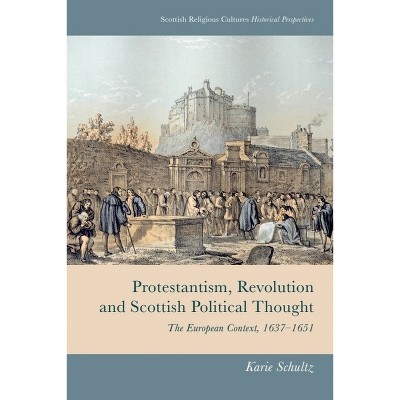Sponsored

Adorno's Gamble - (Signale: Modern German Letters, Cultures, and Thought) by Mikko Immanen
In Stock
Sponsored
About this item
Highlights
- Adorno's Gamble offers a startling reinterpretation of the evolution of Theodor W. Adorno's thought, usually seen as a mix of critical Marxism, Freudian psychoanalysis, aesthetic modernism, and Jewish tradition.
- About the Author: Mikko Immanen is Academy Research Fellow at the Centre for European Studies at the University of Helsinki.
- 210 Pages
- Literary Criticism, European
- Series Name: Signale: Modern German Letters, Cultures, and Thought
Description
About the Book
"The book reinterprets the thought of Theodor W. Adorno, the leading light of the Frankfurt School and one of the most influential leftist intellectuals of the twentieth century, by arguing that his worries over the frailty of reason and democracy were inspired by radical conservative thinkers of Weimar Germany"--Book Synopsis
Adorno's Gamble offers a startling reinterpretation of the evolution of Theodor W. Adorno's thought, usually seen as a mix of critical Marxism, Freudian psychoanalysis, aesthetic modernism, and Jewish tradition. Mikko Immanen argues for another, previously unacknowledged source of Adorno's thinking on instrumental reason, dialectic of enlightenment, and frailty of democracy: the intellectual underpinnings of Germany's "conservative revolutionary" movement of the 1920s.
In a dramatic reappraisal of the leading light of the Frankfurt School, Immanen follows Adorno's path of philosophical development from the late Weimar era through years in exile to the postwar period, establishing his debt to thinkers of radical conservative bent. In particular, he focuses on Adorno's enduring, and daring, effort to harness two of the most infamous works from this tradition--Oswald Spengler's Decline of the West and Ludwig Klages's The Spirit as Adversary of the Soul--and to repurpose their reactionary teachings for emancipatory ends.
About the Author
Mikko Immanen is Academy Research Fellow at the Centre for European Studies at the University of Helsinki. He is the author of Toward a Concrete Philosophy.

